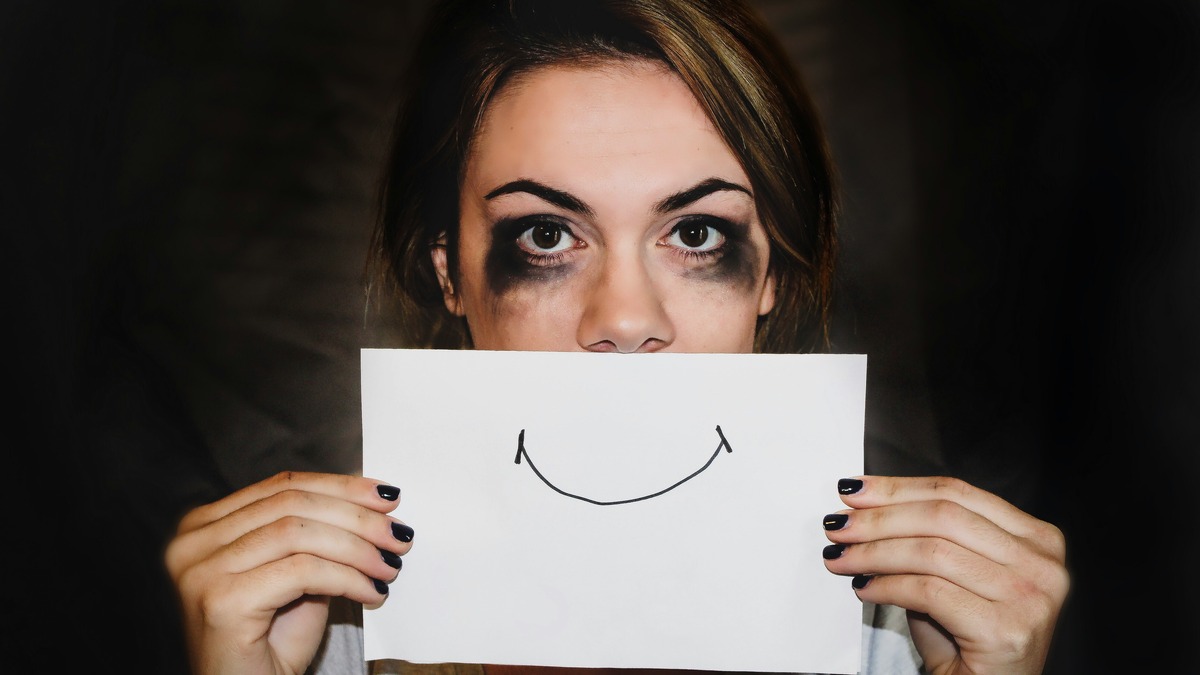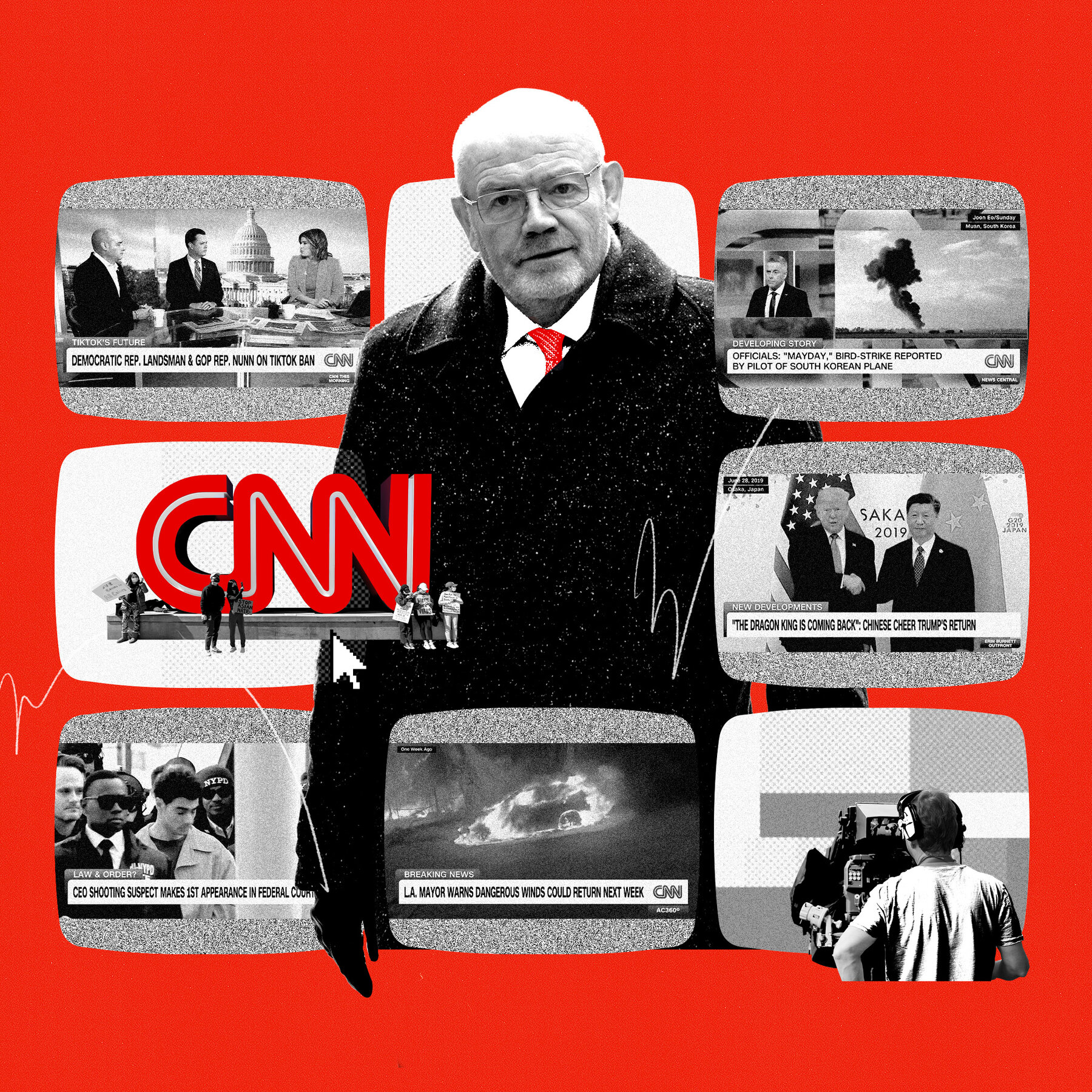The demands of work can significantly impact our mental health, especially in industries where high pressure, long hours, and emotional investment are the norm.
Whether it’s the financial sector, construction, fitness, or entertainment, the unique challenges faced by professionals in these fields can lead to stress, burnout, and emotional strain. Different industries bring different pressures, but the impact on mental health is universal.
In recognition of World Mental Health Day, we spoke with four leaders from distinct industries—each sharing their insights on how their work environments affect mental wellbeing and the steps they’ve taken to navigate these challenges. From fostering open conversations in traditionally male-dominated industries to balancing personal well-being as business owners and performers, these leaders reflect on the complex relationship between their careers and mental health.
Alex Hickey, Business Owner, Peaches Pilates Burleigh Heads
One of the hardest things to do as a business owner is to switch off, and that can be a problem for your mental health. In fitness businesses, especially, the workday starts early, mine begins at 4 a.m. Instructors, especially in Pilates, often suffer from burnout because you’re demonstrating movements all the time. I balance this by setting boundaries and journaling, which helps me process thoughts. As Anne Frank said, “paper is more patient than people.” I’ve stayed authentic to who I am in business, but at times that can be challenging, particularly because you can’t please everyone. It’s really important not to take criticisms of your business to heart, but it’s easier said than done.
I started Peaches to help people get in tune with their bodies and process emotions in a safe space. Some people say to leave your emotions at the door, but at Peaches, I encourage people to bring them to their mat. People don’t talk enough about the struggles of running a business, particularly when you’re wearing many hats. My advice is, boundaries are everything. Lead with love, but learn to separate your emotions from business decisions when necessary. Don’t take things personally, not everyone will like your style and most importantly, don’t neglect your personal relationships, because they’re your lifeline when your mental health is challenged.
Chris Dahl, CEO, Pin Payments
Men in the financial services sector have long been at a higher risk of mental health challenges, with a staggering 82% of men in the industry reporting workplace stress, according to the Financial Services Council. The demanding nature of the job, extended hours, and insufficient work-life balance are major contributing factors. However, fostering a workplace culture that champions balance, flexibility, and inclusivity can significantly alleviate these pressures.
At Pin Payments, we’ve always placed a strong emphasis on our team’s mental wellbeing, something that has become even more crucial over the past three years, with lockdowns, inflation, and uncertain economic conditions. Understanding that people have complex lives, with pressures both at home and at work, is vital to create a supportive and stable workplace.
We’ve adopted a hybrid working model that balances flexibility with the invaluable in-person collaboration that drives innovation and boosts morale. Small, thoughtful changes can have a significant impact on employees’ mental health. As CEO, I believe it is our responsibility to foster environments where people feel supported, both mentally and professionally. I aim to lead by example by encouraging open conversations about mental wellbeing, both in the workplace and beyond, helping to break down the stigma—especially for men, who may find it harder to speak up.
Jonathan Grant, Actor and Performer, Dapper Notes
Being a performer and a singer is a challenging business. You give yourself to the art, to the audience, and to the moment, which takes everything from you. As it should, because I always believed, when the opportunity arises, it’s an honour to be on stage. As a green, enthusiastic twenty-something, I had the privilege to train at Stella Adler in Los Angeles. There, I was taught to live by the principles of the four D’s from the late Stella Adler herself, which I have tattooed on my body: dedication, devotion, desire, and drive. However, giving everything to your craft can come at a cost to your mental health at times.
Today’s world presents unique challenges for performers. It’s no longer just about auditioning and that exhilarating feeling of human interaction. Social media has shifted the focus from talent to follower count. Many performers enter the industry seeking love and validation, and with each performance they’re trying to prove themselves. At the same time, social media has given actors like Selena Gomez, Ryan Reynolds, and The Rock, a space to share their true selves and break down stigmas surrounding mental health. Ultimately, feeling heard and supported, no matter your industry, is crucial. The two strongest women in my life—my Nonna and my mother—taught me the importance of staying true to myself. They’re the inspiration behind my latest fashion project, which blends elegance with an edge, and reminds me that authenticity is always at the heart of creativity. Despite the challenges of this business, staying connected to who you are makes the journey worth it.
Julian Vivoli, Founder and Director, Vivoli Consulting Engineers
In male-dominated industries like construction and engineering where I’ve spent my career, mental health discussions are often sidelined or dismissed altogether. Pervasive stigmas, coupled with a fear of appearing incapable or weak, prevents an open dialogue from ever occurring. Part of the problem is the perception that vulnerability is a weakness, when in fact it represents an inner strength.
When I started my career I was exposed to some very unhealthy, toxic workplace cultures, which negatively impacted my mental health as a young professional. Over a decade on, within my own business those experiences taught me what not to do. I’ve actively worked to create a positive culture where the needs of my employees are heard before they escalate. Encouraging an openness surrounding seeking help, mental health days off work and creating genuine team connections have helped to do that. While events like World Mental Health Day put a spotlight on these issues, it’s on us to translate awareness into action, so we can champion better mental health. Ultimately, a conversation or any support you can provide could be the lifeline someone needs.
Resources for mental health support
Beyond Blue is a national organisation that provides information, support, and advocacy for mental health. They have a range of resources for men, including online forums, articles, and videos. They also have great resources for business founders.
Black Dog Institute: Provides online self-help tools, resources, and information about mood disorders. blackdoginstitute.org.au
SANE Australia: Offers online forums, peer support, and fact sheets about complex mental health issues. sane.org
In addition to these national resources, there are also a number of state and territory-based mental health services that offer support for men. You can find a list of these services on the Mental Health Australia website.
Keep up to date with our stories on LinkedIn, Twitter, Facebook and Instagram.
For World Mental Health Day, Dynamic Business spotlights four leaders on workplace impacts on mental health and their strategies. Mental Health and Wellbeing, Mental Health Dynamic Business








